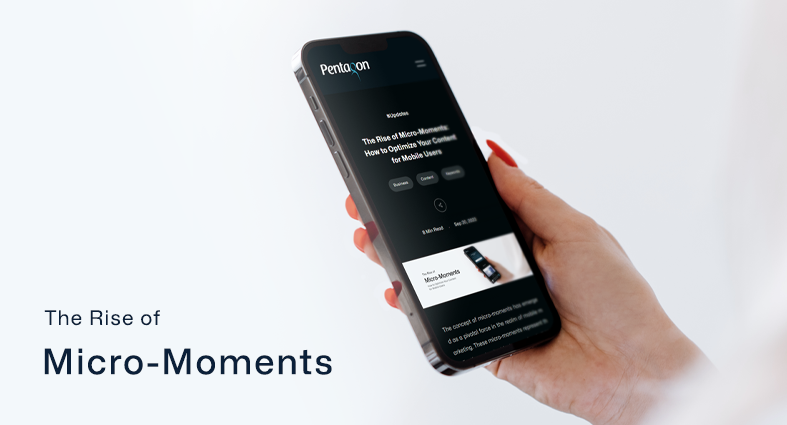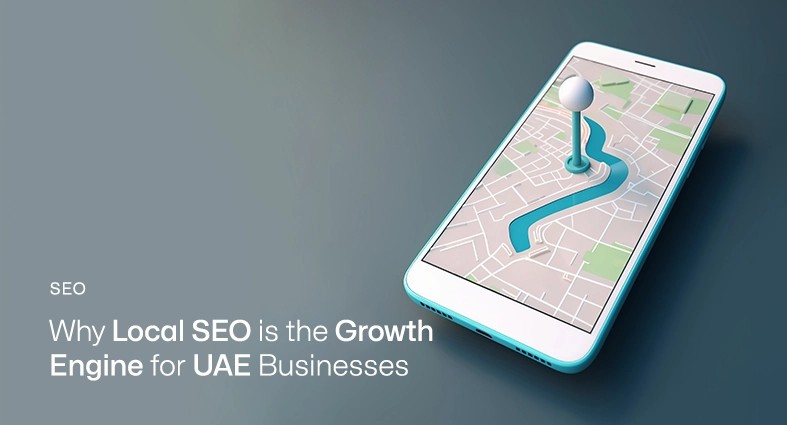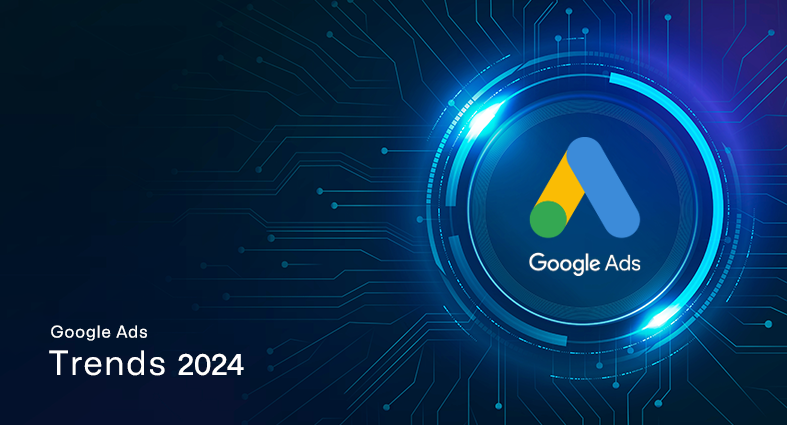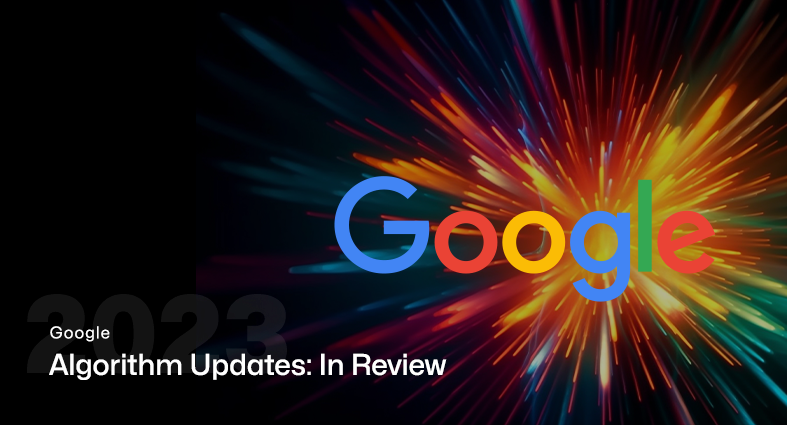In recent years, AI has gained widespread recognition and adoption in various industries, including marketing. Its ability to analyze massive amounts of data, learn from patterns and trends, and make intelligent predictions has proven to be invaluable in improving marketing outcomes. By harnessing the power of AI, businesses can gain a competitive edge by delivering highly targeted and personalized experiences to their customers. It emphasizes that AI is not just a passing trend but a transformative force that is reshaping the way businesses operate. From retail and e-commerce to healthcare and finance, organizations are leveraging AI to enhance customer experiences, optimize marketing campaigns, and drive business growth. By setting the stage for the rest of the article, this introduction establishes the significance of AI in online marketing and the increasing adoption of AI technologies across different sectors. It piques readers’ interest and prepares them for a deeper exploration of the benefits, applications, challenges, and future implications of AI in online marketing. In this comprehensive guide, we delve into the profound impact of AI on online marketing, exploring its benefits, challenges, and future implications, empowering businesses to harness the power of machines and drive success in the digital era.
The Role of AI in Online Marketing
The role of AI in online marketing is pivotal, as it brings about a paradigm shift in how businesses target and engage with their audience. By harnessing the power of AI algorithms, marketers can gain deep insights into customer behavior, preferences, and trends. This enables them to enhance targeting and personalization efforts, delivering tailored content and offers to individual customers. AI-driven automation streamlines marketing processes, automating repetitive tasks and optimizing campaign performance. It empowers marketers to make data-driven decisions, identify patterns, and forecast market dynamics with predictive analytics. AI also plays a significant role in improving customer experiences through chatbots and virtual assistants, providing instant support and personalized recommendations. Ultimately, the integration of AI in online marketing maximizes efficiency, boosts customer engagement, and drives business growth.
Improved Targeting and Personalization
AI plays a pivotal role in improving targeting and personalization efforts. With its advanced algorithms and machine learning capabilities, AI can analyze vast amounts of data, including customer demographics, browsing behavior, purchase history, and social media interactions. This deep data analysis allows marketers to gain valuable insights into individual customer preferences, enabling them to deliver tailored content and offers. By understanding each customer’s unique needs and interests, AI-powered systems can personalize marketing messages, product recommendations, and promotional campaigns. This level of personalization enhances customer engagement and increases the likelihood of conversion. Customers feel valued when they receive relevant content and offers, leading to improved customer satisfaction and loyalty.
Moreover, AI algorithms continuously learn and adapt based on customer responses and feedback. This dynamic approach enables marketers to refine their targeting strategies over time, resulting in more effective and precise marketing campaigns. Ultimately, the use of AI in improving targeting and personalization helps businesses achieve higher conversion rates and maximize their return on investment (ROI).
Automation and Efficiency
Another significant role of AI in online marketing is automation and efficiency. AI-powered systems excel at automating repetitive and time-consuming tasks, freeing up marketers’ time and resources for more strategic initiatives. Tasks such as data analysis, campaign optimization, and customer segmentation can be efficiently handled by AI algorithms, ensuring accuracy and consistency.
- Data Analysis: Data analysis is a fundamental aspect of marketing, but manually analyzing large volumes of data is both labor-intensive and prone to human error. AI, on the other hand, can swiftly process and interpret data, uncovering patterns, trends, and correlations that might otherwise go unnoticed. This enables marketers to make data-driven decisions and optimize their marketing strategies based on actionable insights.
- Campaign Optimization: Campaign optimization is another area where AI brings immense value. AI algorithms can automatically analyze campaign performance metrics, identify areas of improvement, and even make real-time adjustments to optimize results. By continuously monitoring and optimizing campaigns, AI helps marketers achieve better ROI and campaign success.
- Customer Segmentation: It is a crucial component of targeted marketing, and can also be streamlined with AI. By analyzing customer data, AI algorithms can identify distinct customer segments based on demographics, behavior, preferences, and purchasing patterns. This enables marketers to tailor their messaging and offers to specific customer segments, ensuring relevant and engaging interactions.
Examples of AI in Online Marketing
AI is revolutionizing online marketing through various practical applications. Chatbots and virtual assistants are prominent examples of AI-driven technology that enhance customer experiences. These intelligent bots can engage in real-time conversations, provide instant support, and offer personalized recommendations based on customer preferences and previous interactions. Recommendation engines powered by AI algorithms analyze vast amounts of customer data to suggest relevant products or content, improving cross-selling and upselling opportunities. By leveraging predictive analytics, marketers can forecast customer behavior, identify trends, and make data-driven decisions to optimize marketing strategies. AI also enables dynamic pricing, allowing businesses to adjust prices based on market demand and competitor analysis. Moreover, AI-based content creation tools assist in generating engaging and personalized content, saving time and effort. These examples highlight the transformative power of AI in driving online marketing success by improving customer engagement, personalization, and overall marketing efficiency.
Chatbots and Virtual Assistants
Chatbots and virtual assistants are prime examples of AI applications in online marketing. These intelligent systems use natural language processing and machine learning algorithms to simulate human-like conversations and provide instant customer support. Chatbots can handle a wide range of inquiries, including answering frequently asked questions, assisting with product selection, and resolving common issues. By offering round-the-clock assistance, chatbots enhance the user experience by providing immediate responses and eliminating the need for customers to wait for human support. Virtual assistants go beyond customer support and play a crucial role in delivering personalized recommendations and guiding customers through the buying journey. Virtual assistants leverage AI algorithms to analyze customer data, preferences, and purchase history to provide tailored product recommendations. By understanding individual preferences and offering relevant suggestions, virtual assistants create a personalized shopping experience that boosts customer engagement and increases the likelihood of conversions.
Recommendation Engines
AI-powered recommendation engines have become integral to the success of online retail and content platforms. These engines analyze vast amounts of user data, including browsing history, purchase behavior, and demographics, to suggest relevant products or content to individual users. By understanding user preferences and behavior patterns, recommendation engines provide personalized recommendations that enhance the user experience and increase the likelihood of conversion. Personalized recommendations have a significant impact on increasing conversion rates and customer satisfaction. When users are presented with products or content that align with their interests and needs, they are more likely to make a purchase or engage further with the platform. By leveraging AI algorithms, recommendation engines continuously learn and adapt to user preferences, leading to more accurate and targeted recommendations over time.
Predictive Analytics and Customer Insights
Predictive analytics is a powerful AI application that enables marketers to make data-driven decisions and optimize their marketing strategies. By analyzing large volumes of data, including customer behavior, market trends, and external factors, AI algorithms can predict customer behavior, identify emerging trends, and anticipate market dynamics. This valuable insight allows marketers to proactively adapt their strategies, tailor their messaging, and optimize their campaigns to meet customer expectations and stay ahead of the competition. Furthermore, predictive analytics provides deep customer insights that help marketers understand their target audience better. By uncovering patterns and correlations within the data, marketers can identify customer segments, preferences, and purchase triggers. This knowledge enables them to develop highly targeted marketing campaigns, create personalized experiences, and deliver relevant content to specific customer segments. The result is a more effective and efficient marketing approach that maximizes ROI and customer satisfaction.
Challenges and Considerations of AI in Online Marketing
Implementing AI in online marketing also brings along certain challenges and considerations that need to be addressed. One of the primary concerns is privacy and data security. As AI relies on collecting and analyzing vast amounts of customer data, organizations must ensure that they handle data ethically and in compliance with data protection regulations. Maintaining the privacy and security of customer information is crucial to building trust and maintaining a positive brand image. Additionally, the successful implementation of AI requires skilled personnel who can effectively manage and optimize AI systems. Acquiring the necessary talent and expertise may pose challenges for organizations, as the demand for AI professionals is high. Organizations must invest in training and development to build a workforce that is proficient in AI technologies. It is also essential to consider the ethical implications of AI in marketing, such as the potential for algorithmic biases or discriminatory practices. Addressing these challenges and considerations is crucial for organizations to harness the full potential of AI in online marketing while maintaining transparency, ethical practices, and a customer-centric approach.
Privacy and Data Security
As businesses collect and analyze large amounts of customer data to personalize their marketing efforts, it is essential to address the ethical and legal implications of data privacy. AI algorithms rely on vast datasets, including personal information, to generate insights and deliver targeted campaigns. However, organizations must ensure that customer data is handled securely and used responsibly. Complying with data protection regulations, such as the General Data Protection Regulation (GDPR) and other regional laws, is paramount. Marketers need to implement robust data governance practices, including secure data storage, encryption, and access controls. By adhering to these regulations, businesses can demonstrate their commitment to protecting customer privacy and building trust.
Skill Requirements and Implementation
The successful implementation of AI in online marketing requires skilled professionals who can effectively leverage AI systems and technologies. Organizations need experts who understand both the intricacies of AI algorithms and the dynamics of marketing strategies. These professionals can effectively navigate the complexities of AI implementation, ensuring optimal performance and outcomes. However, acquiring the necessary talent and expertise can be challenging. The demand for AI professionals exceeds the supply, resulting in a competitive market for skilled individuals. Organizations may face difficulties in recruiting and retaining AI experts. To overcome these challenges, businesses can invest in training and upskilling their existing marketing teams to develop AI capabilities. Collaboration with external AI consultants or agencies can also provide access to specialized skills and knowledge.
The Future of AI in Online Marketing
The rapid advancements in AI technology hold immense potential to reshape the landscape of online marketing. As technology continues to evolve, new developments in AI are expected to further revolutionize the way businesses interact with customers and execute marketing strategies.
Advancements in AI Technology
- Natural Language Processing(NLP): One such technology is natural language processing (NLP), which enables machines to understand and interpret human language. NLP has the potential to revolutionize customer interactions by enabling chatbots and virtual assistants to engage in more natural and meaningful conversations with customers.
- Image Recognition: It is another area where AI is making strides. Advanced image recognition algorithms can analyze visual content, such as product images or social media posts, to extract valuable insights. This technology allows marketers to understand how their products are being portrayed, identify brand mentions in user-generated content, and even analyze customer sentiments based on images.
- Machine Learning: Machine learning algorithms are also playing a crucial role in the future of AI in online marketing. These algorithms can analyze vast amounts of data and uncover patterns and trends that humans may overlook. By leveraging machine learning, marketers can make data-driven decisions, optimize their marketing campaigns, and deliver personalized experiences to customers at scale.
Impact on the Marketing Industry
The potential impact of AI on the marketing industry is significant and far-reaching. It has the power to transform job roles, customer experiences, and overall business strategies. Job roles within the marketing industry are likely to evolve as AI takes on more routine and repetitive tasks. Marketers will need to acquire new skills to work alongside AI systems effectively. Roles focused on data analysis, AI implementation, and strategy development will become increasingly important. Human creativity, critical thinking, and the ability to interpret AI-generated insights will be highly valued. AI-driven marketing strategies have the potential to greatly enhance customer experiences. By leveraging AI-powered personalization and targeting, businesses can deliver highly relevant content and offer to individual customers, improving engagement and satisfaction. AI can also enable hyper-personalization, where customers receive tailored experiences at every touchpoint, leading to increased customer loyalty and retention.
Organizations that embrace AI and adapt to the changing landscape will have a competitive advantage in the future. By leveraging AI technology, businesses can gain a deeper understanding of their customers, identify emerging trends, and make proactive strategic decisions. Organizations must invest in AI infrastructure, data management, and talent acquisition to harness the full potential of AI in their marketing efforts.
Conclusion
The rise of AI in online marketing is revolutionizing the way businesses connect with their customers and achieve marketing success. By harnessing the power of AI, businesses can benefit from improved targeting and personalization, streamlined automation, and advanced analytics. AI-driven technologies such as chatbots, recommendation engines, and predictive analytics are reshaping the customer experience and enabling businesses to make data-driven decisions. However, it is essential to address challenges related to privacy, data security, and skill requirements to ensure the responsible and effective implementation of AI in marketing strategies. As we look to the future, the continued advancements in AI technology hold great potential for further transforming the marketing industry and empowering businesses to drive results and stay ahead in the ever-evolving digital landscape. Embracing AI in online marketing is not just a trend but a strategic necessity for businesses seeking to thrive in the age of machines. Discover the power of Pentagon Information Technology services today. Contact us for a free consultation and let our digital marketing experts transform your technology infrastructure. Take your business to new heights with our reliable and secure IT solutions. Get in touch now!
Read more blogs at:
Abu Dhabi’s Digital Marketing Ecosystem Demystified | 7 Reasons Why You Should Hire a Digital Marketing Agency| Best Social Media Channels for Marketing Your Business | The Rise of the Machines: How AI is Revolutionizing Online Marketing | Benefits of Social Media Marketing for Businesses | Social Symphony: Mastering Social Media Engagement in Abu Dhabi
services
Feel free to send us a message.
Please, share your thoughts, and let's chat over a cup of tea.




















